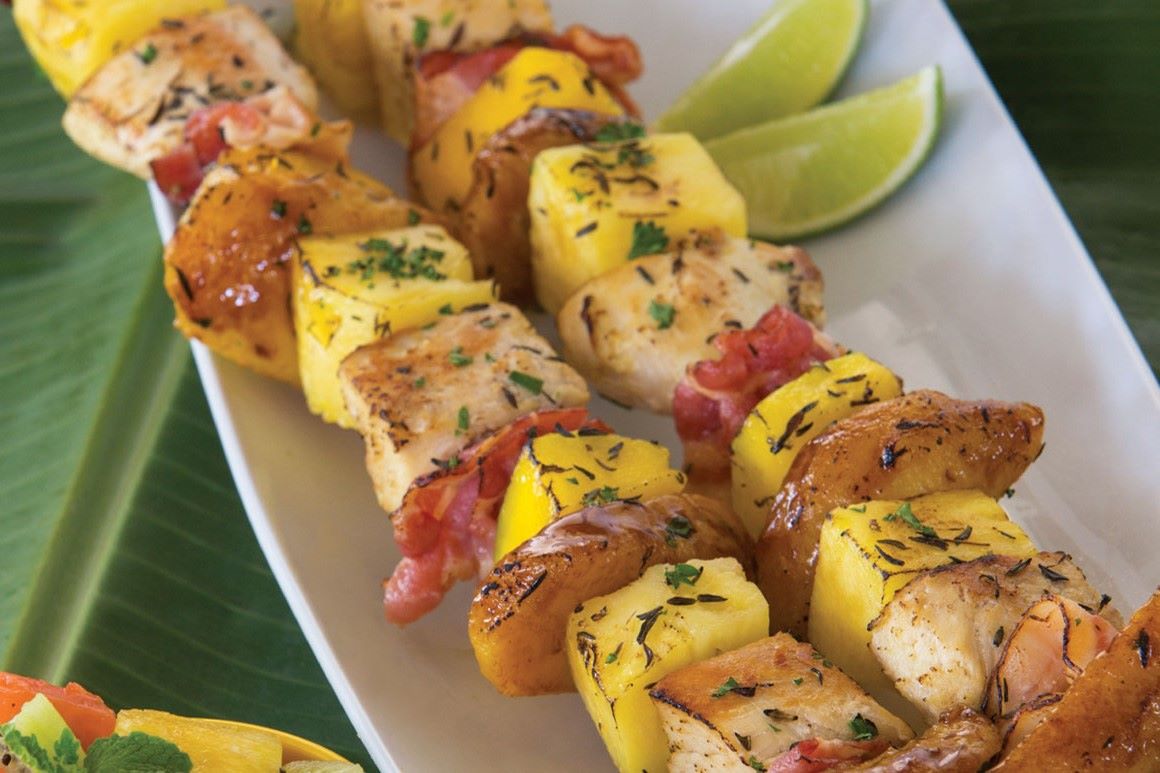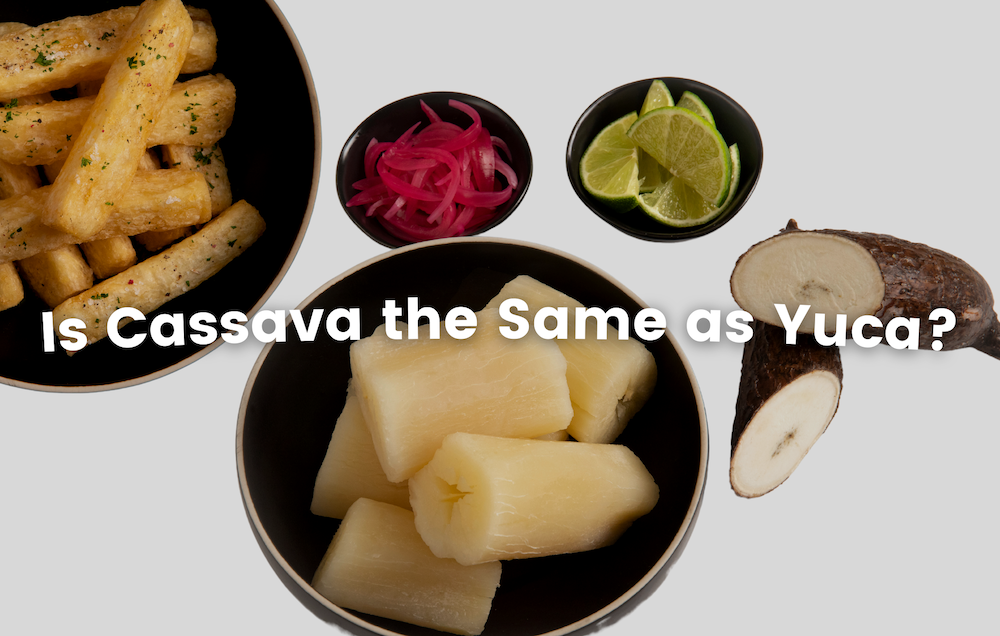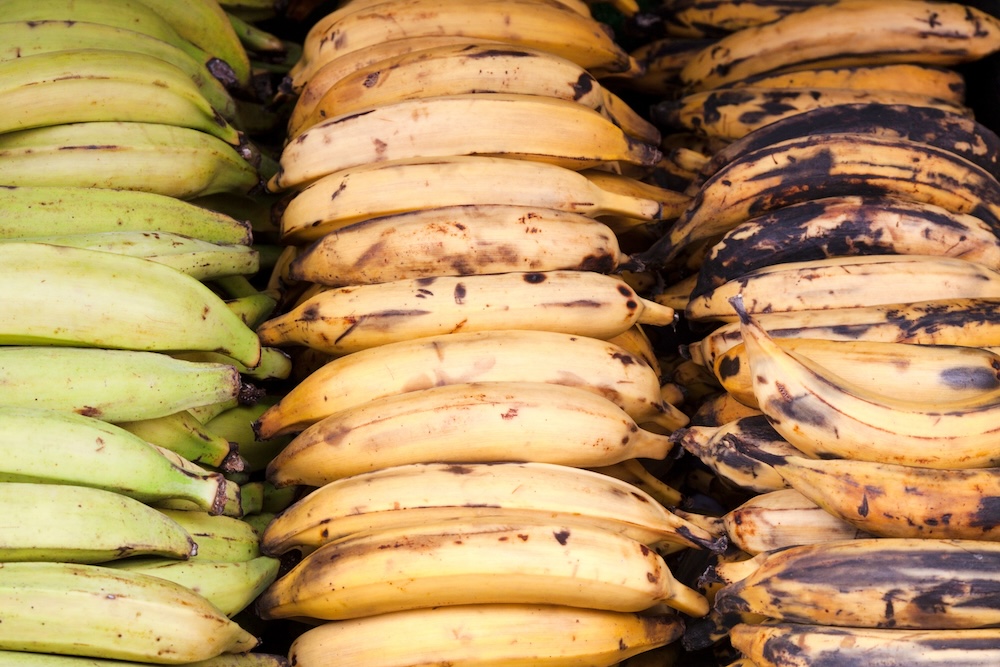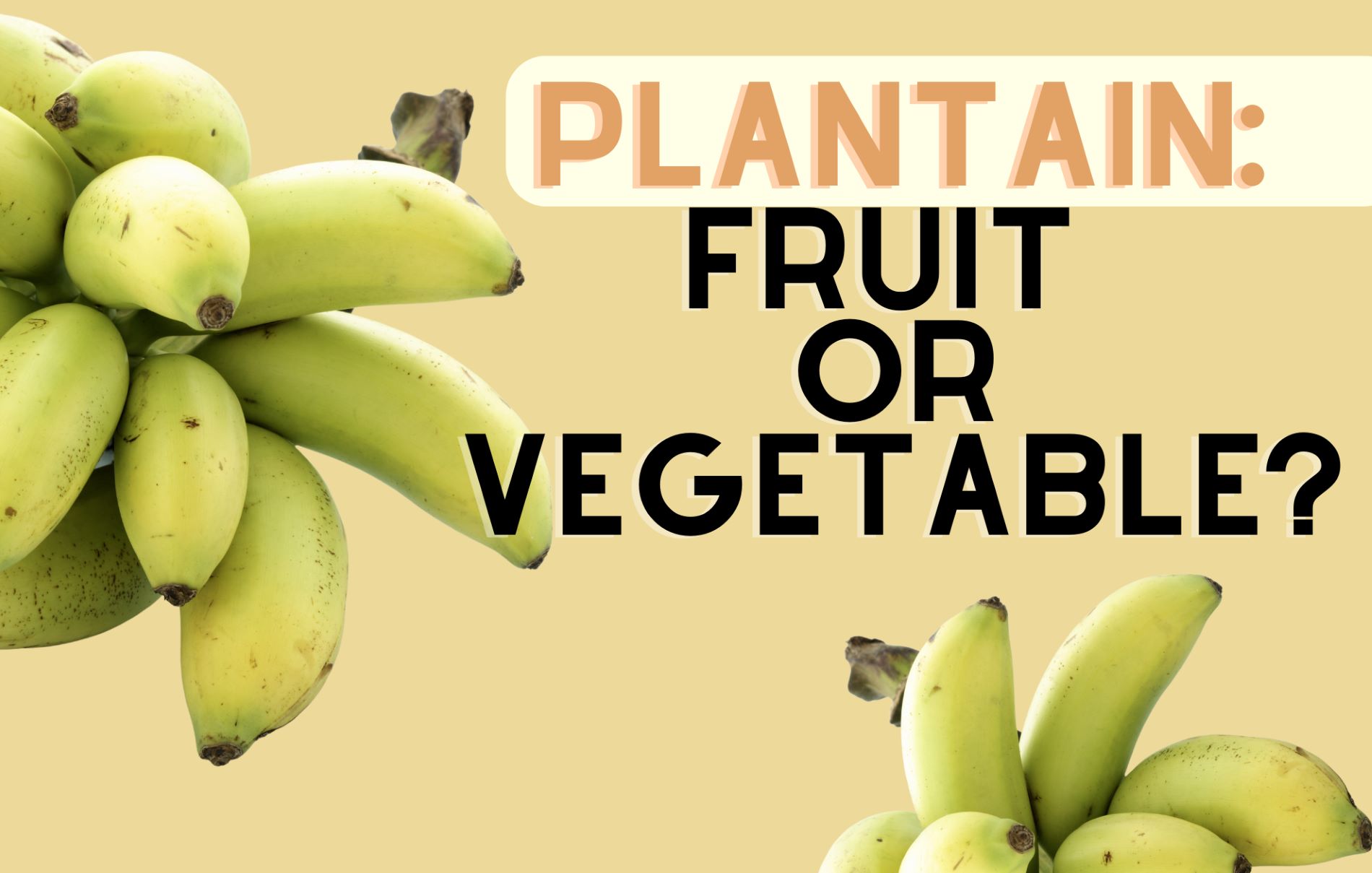Tropical Vegetables: Health and Nutritional Powerhouses

Often-overlooked gems, topical vegetables bring a unique flavor and texture to our plates while delivering a significant boost to overall health and wellness. Rich in essential nutrients, vitamins, and minerals, they support a balanced diet and can be prepared in a variety of ways to suit your nutritional needs. From savory stews and hearty curries to sweet desserts and wholesome snacks, these versatile ingredients are a powerhouse of wellness. Today, we’ll dive into their health benefits, their role in promoting good nutrition, and any potential risks to consider when incorporating these exotic wonders into your lifestyle.
Plantains: More Than Just Bananas
Plantains, close relatives of bananas, are a staple in many tropical cuisines. While they resemble bananas, plantains are much starchier and typically eaten cooked. Their nutritional profile changes depending on their ripeness.
Green Plantains:
- Rich in Resistant Starch: This type of fiber promotes gut health and helps regulate blood sugar levels.
- Good Source of Vitamins: Green plantains provide a healthy dose of vitamin C, vital for immune function, and vitamin B6, which supports brain development and function.
- Excellent Source of Fiber: With almost 4 grams of fiber per cup, boiled green plantains contribute to digestive health and help you feel full and satisfied.
- Lower in Sugar: Compared to ripe plantains, green plantains have a lower sugar content, making them a good choice for those watching their sugar intake.
- Green plantains are also a good source of vitamin A (40% of your Daily Value) and vitamin C (50% of your Daily Value).
Ripe Plantains:
- Higher in Sugar: As plantains ripen, their sugar content increases, providing a natural sweetness.
- Good Source of Potassium: Ripe plantains are a good source of potassium, an electrolyte that helps regulate blood pressure and fluid balance.
- May Aid in Blood Sugar Control: Despite their higher sugar content, the fiber in ripe plantains may help slow down sugar absorption into the bloodstream.
- Ripe plantains are also a good source of vitamin B6, important for brain health and metabolism.
You may like: Everything You Need To Know About Plantains
Cassava (Yuca): A Versatile Root
Cassava, also known as yuca, is a starchy root vegetable that serves as a primary carbohydrate source in many tropical regions. It’s naturally gluten-free and offers several nutritional benefits.
Nutritional Value of Cassava:
- High in Carbohydrates: Cassava is a good source of energy due to its high carbohydrate content.
- Good Source of Vitamin C: Cassava provides a significant amount of vitamin C, an antioxidant that supports immune health and collagen production.
- Source of Resistant Starch: Cassava contains resistant starch, which may improve gut health and blood sugar control.
- Cassava is also an excellent source of other essential nutrients, including fiber, calcium, copper, and manganese.
You may like: Is Cassava the Same as Yuca?
Potential Risks of Consuming Cassava:
- Raw cassava contains cyanogenic glycosides, which can release cyanide when consumed. It’s crucial to peel and cook cassava properly to avoid cyanide poisoning.
- Children and pregnant women should be especially cautious with cassava consumption due to the potential for cyanide exposure and its impact on thyroid function and development.
Other Tropical Vegetables
Beyond plantains and cassava, a variety of other tropical vegetables offer unique flavors and nutritional benefits.
Taro:
- Good Source of Fiber: Taro root is an excellent source of fiber, which aids in digestion and promotes satiety.
- Rich in Vitamins and Minerals: Taro provides various essential nutrients, including manganese, vitamin B6, vitamin E, and potassium.
- May Improve Blood Sugar Control: The fiber and resistant starch in taro may help regulate blood sugar levels.
- Taro leaves are also edible when cooked and are a great source of vitamins C and A18.
Potential Risks of Consuming Taro:
- Taro contains calcium oxalate, which can contribute to kidney stones in susceptible individuals. Soaking and cooking taro can reduce its oxalate content.
- Eating raw taro can cause irritation and numbness in the mouth due to calcium oxalate. Always cook taro thoroughly before consumption.
Malanga:
- Good Source of Energy: Malanga is a starchy root vegetable that provides a good source of carbohydrates for energy.
- Rich in Fiber: Malanga contains a decent amount of fiber, which supports digestive health.
- Source of Vitamins and Minerals: Malanga provides various nutrients, including vitamin C, iron.
- Malanga also contains antioxidants like vitamin C and beta-carotene, which protect the body from cell damage.
- Malanga is full of nutrients and is a complex carb that’s high in fiber.
Potential Risks of Consuming Malanga:
- Raw malanga contains toxins and should always be cooked thoroughly before consumption.
Healthy Recipes with Tropical Vegetables
Here are some recipe ideas for incorporating these nutritious tropical vegetables into your meals:
Plantains:
- Oven-Roasted Sweet Plantains: Slice ripe plantains, toss them with melted coconut oil and a pinch of sea salt, and roast in the oven at 420 degrees F until caramelized.
- Plantain and Sausage Skillet Dinner: Combine green plantains, sausage, and your favorite vegetables for a hearty and flavorful meal.
- Plantain Tortillas: Use green plantains to make grain-free tortillas for tacos or wraps.
Cassava:
- Butter Cassava: Boil cassava until tender, then sauté with butter, garlic, onions, and carrots.
- Herb-Buttered Cassava: Sauté cooked cassava with butter, onions, garlic, and your favorite herbs.
- Cassava Cake: Grate cassava and combine it with coconut milk to make a delicious and gluten-free cake.
Taro:
- Taro Stir-Fry: Steam taro root, then stir-fry with spices, onions, and ginger.
- Taro Root Croquettes: Mash cooked taro and combine it with spices and peas, then form into croquettes and bake or fry.
- Boiled Taro with Coconut Milk: Boil taro root and serve it with coconut milk for a simple and flavorful dish.
Malanga:
- Malanga Stir-Fry: Julienne malanga and stir-fry with bell peppers, onions, and spices.
- Creamy Malanga Soup: Boil malanga with onions and garlic, then blend until smooth and creamy.
- Malanga Purée: Mash cooked malanga with butter, milk, and garlic for a comforting side dish.
Beyond their nutritional value, these tropical vegetables also play a significant role in the cultural traditions of various regions around the world.
Cultural Significance
These tropical vegetables are not only nutritious but also hold cultural significance in different parts of the world.
Plantains:
- Caribbean Cuisine: Plantains are a staple in Caribbean cuisine, where they are enjoyed in various dishes, from savory tostones to sweet maduros.
- Symbol of Identity: Plantains are a marker of identity and cultural heritage for many Caribbean communities.
Cassava:
- Latin America: Cassava has been a staple food in Latin America for thousands of years, and its significance is highlighted in indigenous art.
- Africa: Cassava is an important crop in Africa, where it is used to make fufu, a traditional dish.
- In many cultures in Africa, cassava is a symbol of sustenance and resilience, often associated with overcoming hardship and famine.
Taro:
- Hawaii: In Hawaii, taro is not just a food source; it is deeply intertwined with their creation myths and cultural identity. It is considered the “older brother” of the Hawaiian people and is featured in many traditional ceremonies and rituals.
- Polynesia: Taro is a staple food in Polynesia and is often used in ceremonial practices and rituals.
- In some Polynesian cultures, taro is seen as a symbol of prosperity and abundance, and it plays a central role in traditional feasts and celebrations.
Malanga:
- Latin America: Malanga is a staple root vegetable in many Latin American countries and is used in various dishes.
- Africa: Malanga is also a staple crop in Africa, where it is valued for its high caloric content and nutritional value.
- In some African cultures, malanga is associated with strength and resilience, and it is often included in meals for pregnant women and nursing mothers.
Plantains, cassava, taro, and malanga are all excellent sources of potassium, an essential mineral that helps regulate blood pressure and fluid balance in the body. However, individuals with kidney problems or those on potassium-restricted diets should be mindful of their potassium intake and consult with a healthcare professional about appropriate portion sizes.
Conclusion
Tropical vegetables offer a delicious and nutritious way to add variety to your diet. From the starchy goodness of plantains and cassava to the unique flavors of taro and malanga, these exotic gems provide a wide range of nutrients and culinary possibilities. By understanding their nutritional profiles and potential risks, you can confidently incorporate these tropical wonders into your meals and enjoy their many health benefits. So, why not step outside your culinary comfort zone and explore the diverse world of tropical vegetables? Your taste buds and your body will thank you!
Why MIC Food® Loves Tropical Vegetables
At MIC Food®, we’re passionate about delivering high-quality, ready-to-use tropical vegetables that help chefs and foodservice professionals reimagine their menus. From plantains and cassava to sweet potatoes and other tropical vegetables, our products are designed to save you time in the kitchen while ensuring consistent, delicious results.
Tropical vegetables bring bold flavors, rich textures, and cultural significance to a wide range of global cuisines. Whether you’re preparing Caribbean-inspired dishes, Latin American favorites, or innovative fusion creations, our tropical vegetable selection provides the perfect foundation for vibrant, flavorful meals.
Explore Tropical Vegetables with MIC Food®
Ready to add tropical vegetables to your menu? MIC Food® offers a diverse selection of peeled, cut, and ready-to-cook options to streamline your prep time and enhance your culinary offerings.
Need inspiration? Check out our recipe library for creative ways to incorporate tropical vegetables into your dishes. And don’t forget to ask our chef for tips on making your tropical creations unforgettable!



